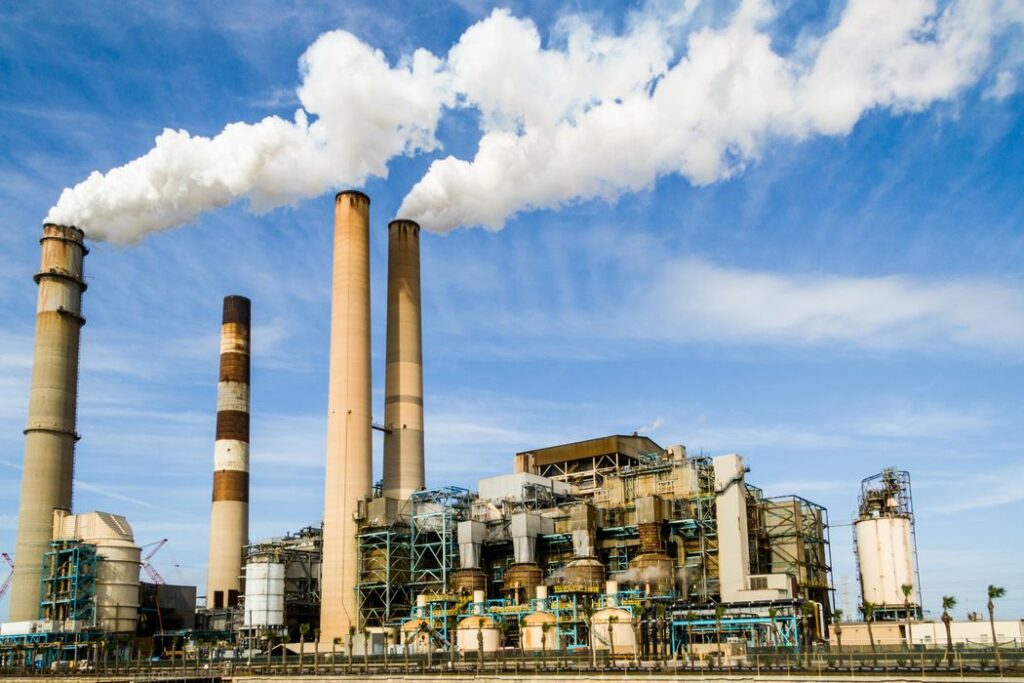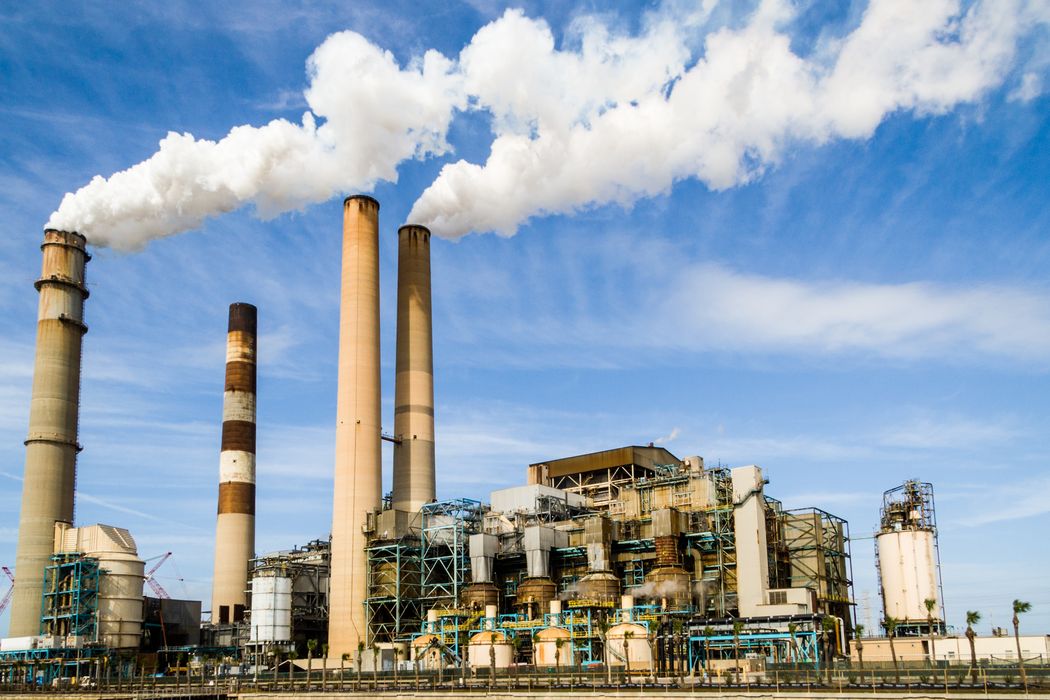
Could we see problems in the supply of 3D print materials in the near future?
This may sound ridiculous, but there is a slight possibility there may be big problems in polymers used for 3D printing and additive manufacturing in coming months.
There’s a bit of a story to all this, so let me take you through my thoughts, step by step.
- In February, Russia invaded Ukraine in an attempt to quickly take over that country
- Ukraine forces were able to beat back the attack and recover much territory, but this is an ongoing situation
- Much of the West swiftly imposed very severe sanctions on Russia (and its comrade, Byelorussia)
- One exception to the sanctions was gas shipments from Russia to the EU
- The major consumer of Russian gas in the EU is Germany
- Russian gas makes up a significant portion of fuel for electrical generation in Germany
- Germany has been slowly switching off polluting coal, moving first to gas, then to renewables (and shutting down nuclear along the way, too)
- Gas use in Germany has increased because of these policies
- Russia slowed transfer of gas to Germany through pipelines in an effort to pressure that country to soften the sanctions
- Gas prices in Germany dramatically increased
- Increased gas prices mean increased electrical prices
So that sets the scene. Now consider that BASF, the world’s largest chemical provider, is based in Germany, along with multiple other chemical companies. Their chemical plants, some of the biggest on the planet, consume a significant amount of electricity and gas. Evidently BASF alone consumes something close to four percent of Germany’s gas, directly and indirectly.
Now consider that the major pipeline from Russia to Germany, Nordstream, through the Baltic Sea, was mysteriously sabotaged this week in a series of coordinated explosions that have basically permanently disabled that pipeline. It is not known who performed the sabotage, but many suspect Russia did it to put more pressure on Germany to soften sanctions.
It is therefore very likely that electrical and gas prices will rise in Germany, particularly as winter approaches and demand increases. While the authorities in Germany are rapidly working towards alternative solutions and banking up gas in advance, there still could be problems.
One of the problems could appear in BASF and other huge chemical companies based in Germany is a potential slowdown their business operations due to extreme costs and/or supply shortages. That, in turn, could theoretically affect the availability of polymer products used in 3D printing.
It’s possible prices of polymer 3D print material could rise, at least from sources in that region.
That would be bad news for those using significant amounts of 3D print material, and it may be a reason some companies may consider stocking up in advance.
On the other hand, this is simply my speculation and it may be that there are sufficient supplies of gas and energy for these companies to weather the storm and proceed normally. In any case, it might be wise to monitor the situation carefully to follow developments at the major chemical providers.

